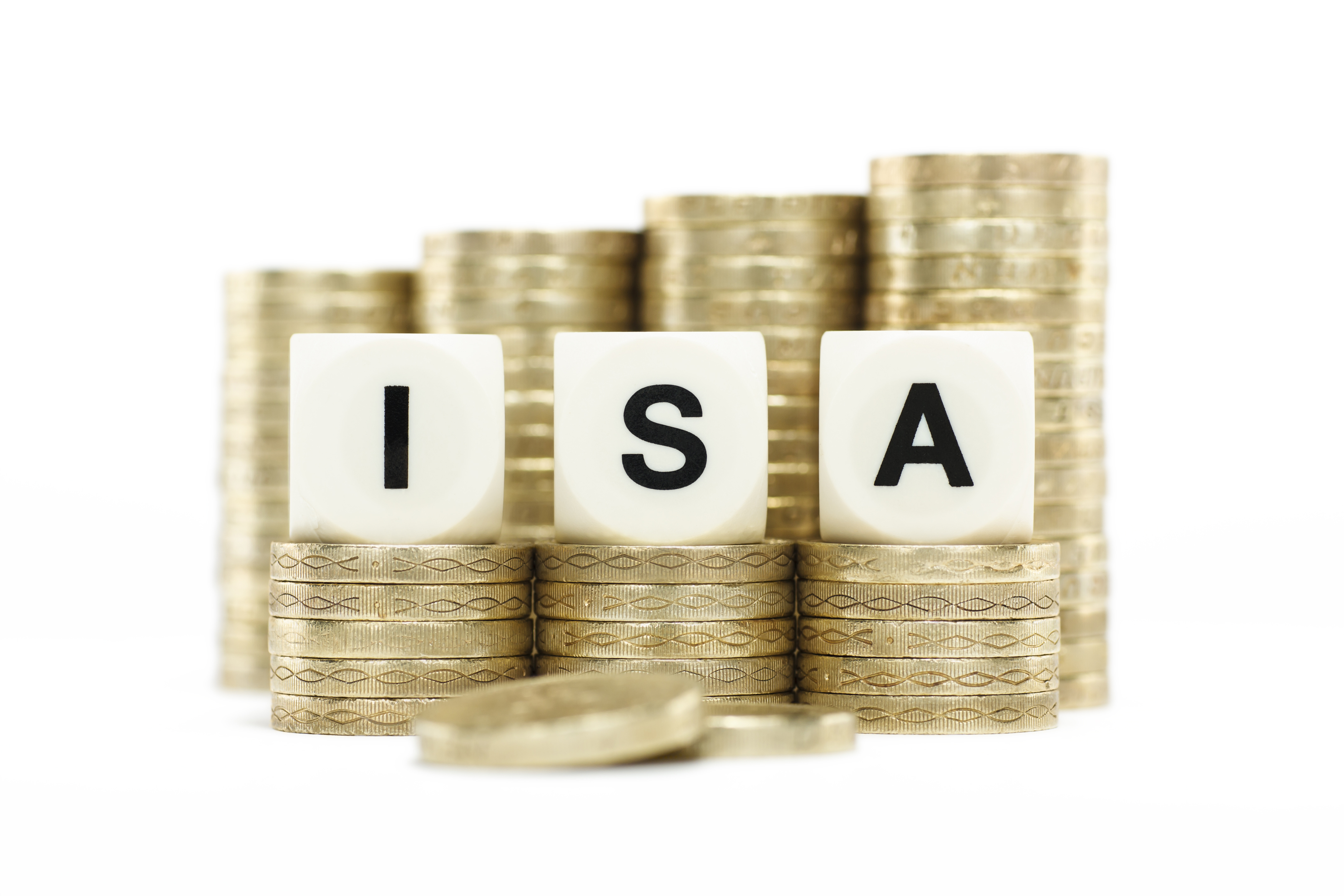News
Is it worth saving into a cash ISA?

Cash ISA rates have tumbled leading savers to flock to standard accounts paying more interest or to move up the risk spectrum into investments. But should you dismiss cash ISAs altogether?
Latest figures from HM Revenue & Customs (HMRC) reveal the number of cash ISA subscriptions fell by nearly 700,000 in 2017/18 to around eight million – levels last seen in 2001/02.
The share of cash ISA subscriptions as a proportion of all ISA subscriptions fell from 77% in 2016/17 to 72% in 2017/18.
Overall, around 10.8 million adult ISA accounts were subscribed to in 2017/18, down from 11.1 million the year before, with the number of people moving to stocks and shares ISAs rising by nearly 250,000 in the same period.
Given there are around 21 million adult ISAs with a market value of £608bn, even HMRC noted: “The incentive to invest in a cash ISA where interest is tax-free is diminished for some savers.”
Impact of the Personal Savings Allowance
One of the biggest impacts on the cash ISA market was the introduction of the Personal Savings Allowance (PSA) on 6 April 2016.
The PSA allows basic rate taxpayers to earn up to £1,000 in interest before paying tax, while higher rate taxpayers (those earning over £50,000) can make £500 in interest. There’s no PSA for additional rate taxpayers.
Tom Adams, head of research at independent savings advice site, Savings Champion, says: “For many savers, paying tax on their savings is now a thing of the past – which after all is one of the key benefits of the cash ISA.”
Rates on cash ISAs have also fallen.
There is still a noticeable gap between the majority of the best cash ISA rates on offer versus standard accounts, and this has been the case for some time now.
“Simply put, if you don’t pay tax on your savings you can get a higher return by sticking to standard accounts,” Adams says.
For example, the top paying one-year fixed standard savings account from Atom Bank pays 1.60% (you can get 1.65% from sharia bank BLME).
Six months ago, the best rate was 1.97% and in March 2019, you could get 2%.
In comparison, the best one-year fixed rate cash ISA rate today from OakNorth Bank offers 1.41%. In September 2019, the top rate was 1.62% and a year ago it was 1.80%.
Rates are even worse for variable rate cash ISAs.
The table below reveals the rates on offer on the best cash ISA and standard savings accounts today and in six months increments from March 2018 (source: Savings Champion):
Reasons not to dismiss cash ISAs
Despite the lower rates on offer and their dwindling popularity, there are a number of reasons to stick with cash ISAs.
“While rates are low generally, the amount you can save before breaching the relevant PSA level is substantial. However, if and when rates finally go up to a higher level, it will take much less money in savings to get there. In contrast, cash ISAs will remain tax-free regardless of the interest rate applicable and the amount held,” says Adams.
Another reason is that if you don’t use your ISA allowance, it will be gone forever, reducing the amount you can save tax-free in the future.
Adams also thinks it’s more likely the government will change the terms of the PSA than employ a retrospective change on cash ISAs already held.
He concludes: “With a clear gap between the best rates on offer, there is a real danger of cash ISAs dropping further in popularity or even dying out. However, to dismiss them out of hand may not be the best course of action.
“The cash ISA still has its advantages and if you don’t use your allowance, you will lose it forever, hampering the amount you can save tax-free in the future and reducing the size of your potential tax-free savings pot.”
Another bonus of the cash ISA over standard savings accounts is that upon death, your ISA can be transferred to your surviving spouse retaining its tax-free status, and they will get an additional ISA allowance equal to the value of the cash passed on.
